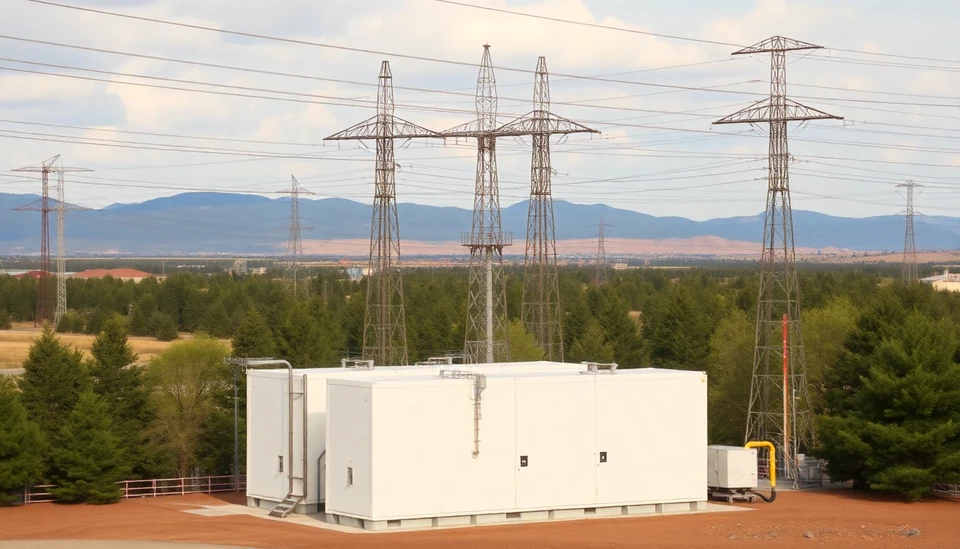
Recent developments indicate that looming tariffs proposed by former President Donald Trump may pose significant challenges to the widespread adoption of large battery storage systems critical for enhancing the United States' power grid. This potential legislation comes at an auspicious time, as the nation is actively pursuing solutions to bolster renewable energy capacity and transition towards more sustainable sources of electricity.
The suggestion of tariffs is based on concerns surrounding national security and the promotion of domestic manufacturing. Trump has expressed intentions to impose these tariffs on imported products, particularly targeting battery components crucial for energy storage solutions. As the demand for electric vehicles (EVs) and renewable energy storage increases, the need for efficient battery systems has never been more acute. Tariffs could hinder progress by raising costs for manufacturers and consumers alike, ultimately slowing the deployment of innovative battery technology across the grid.
Industry experts have raised alarms over the potential impact of such tariffs. Speaking on condition of anonymity, one expert highlighted that the primary concern is how these tariffs would inflate the costs associated with sourcing components needed for advanced battery systems. Many of these components are currently supplied by overseas producers, making the U.S. grid more reliant on imports and potentially leading to substantial increases in overall energy project costs if tariffs are implemented.
The implications of increased costs could ripple through the renewable energy sector, as energy providers might reassess or delay their investment in battery storage solutions. This hesitation could lead to a bottleneck in the transition toward a cleaner and more efficient energy grid, which relies on robust energy storage capabilities to handle the intermittent nature of renewable energy sources like wind and solar.
In addition to direct impacts on pricing and manufacturing, there are concerns that these tariffs will also affect international relations, particularly with key trade partners involved in the technology and battery component sectors. The potential for retaliatory tariffs could destabilize existing agreements and foster a more adversarial trade environment, further complicating the already intricate landscape of global energy cooperation.
While the focus is currently on the tariffs, stakeholders in the energy sector believe that proactive measures need to be in place to mitigate these risks. Collaborations between government entities and private sector companies are imperative to ensure that advancements in battery technology and production remain on track, irrespective of tariff fluctuations. Initiatives to bolster domestic manufacturing capabilities for battery components could be a viable pathway to counteract some of the adverse effects of tariffs.
As the date for potential tariff implementation approaches, stakeholders in the energy market are encouraged to voice their concerns and engage in dialogue to advocate for policies that will not impede the progress toward a sustainable and resilient energy future. The U.S. power grid's advancement hinges on scalable energy storage solutions, making it essential to navigate this challenging political and economic landscape effectively.
In conclusion, the proposed tariffs by Trump pose a substantial threat to the development and integration of large battery systems in the U.S. power grid. Industry stakeholders are on alert, recognizing that any significant changes in policy could derail progress and have long-term consequences for the renewable energy transition.
#TrumpTariffs #BatteryEnergy #USPowerGrid #RenewableEnergy #EnergyStorage #ElectricVehicles #SustainableEnergy
Author: Megan Clarke




